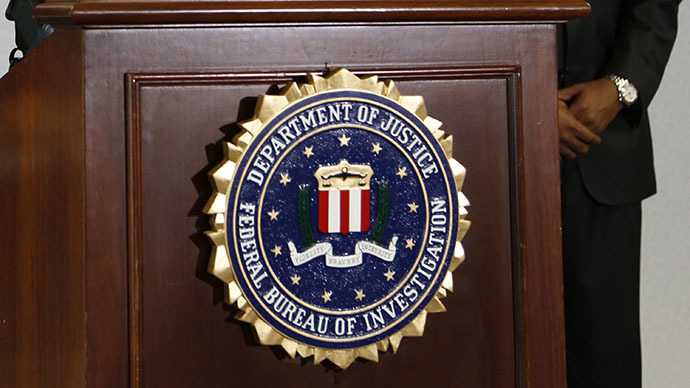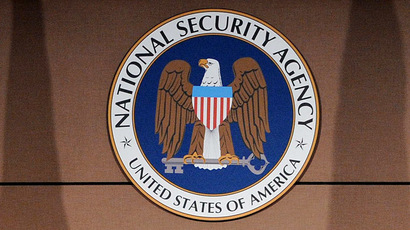US govt audit reveals document over-classification, training deficiencies

US government employees whose job it is to examine and classify American secrets average more than two mistakes per document, in part because of inadequate training and other factors, according to a formal, internal review by the US Department of Justice.
The September audit by the Justice Department’s inspector general sought to determine if the government’s tendency to over-classify documents actually hurts the very national security it purports to protect.
Published Monday, the report found 357 total marking errors within 141 documents.
The overview was inspired in part by the September 11, 2001 Commission Report, which described how the tragedy could have been averted if intelligence agencies were not reluctant to share information with each other. Congress, building off that recommendation, later passed the Reduced Over-Classification Act of 2010. The law called for greater cooperation with “public access to information” and between federal agencies.
The audit described a plethora of documents that were missing instructions describing how its contents should be declassified. Furthermore, a number of marking errors were discovered that has hampered the cooperation and transparency Congress requested.
“Some of these marking errors included missing, incomplete, or incorrect classification blocks, source references, portion markings, dissemination markings, and declassification instructions,” the report states. “Department of Justice component officials generally agreed with our findings that some information in certain documents should not have been classified and that the markings on many documents were not accurate.”
One example explained how an FBI employee classified a terrorist watch list, a document that should be available to the public. The employee in question told inspector general Michael Horowitz that he “was following previous work experience practices from another Intelligence Community agency,” thought to be the Central Intelligence Agency (CIA).
Despite this incident and more than a hundred like it, the inspector general wrote that he “did not find indications of widespread misclassifications.” However, it “did identify deficiencies with the implementation of the Department of Justice’s classification program, including persistent misunderstanding and lack of knowledge of certain classification processes by officials within Justice Department components.”
The latest report could have implications for alleviating the burden of the Freedom of Information Act (FOIA) disclosure requests for unreleased information. According to the Department of Justice, its FOIA system received and processed 63,000 FOIA requests in 2011, representing a five percent increase from the year prior. The number of backlogged requests that year increased from 70,000 to over 83,000 even as the federal government increased full-time staff to process disclosure requests.














